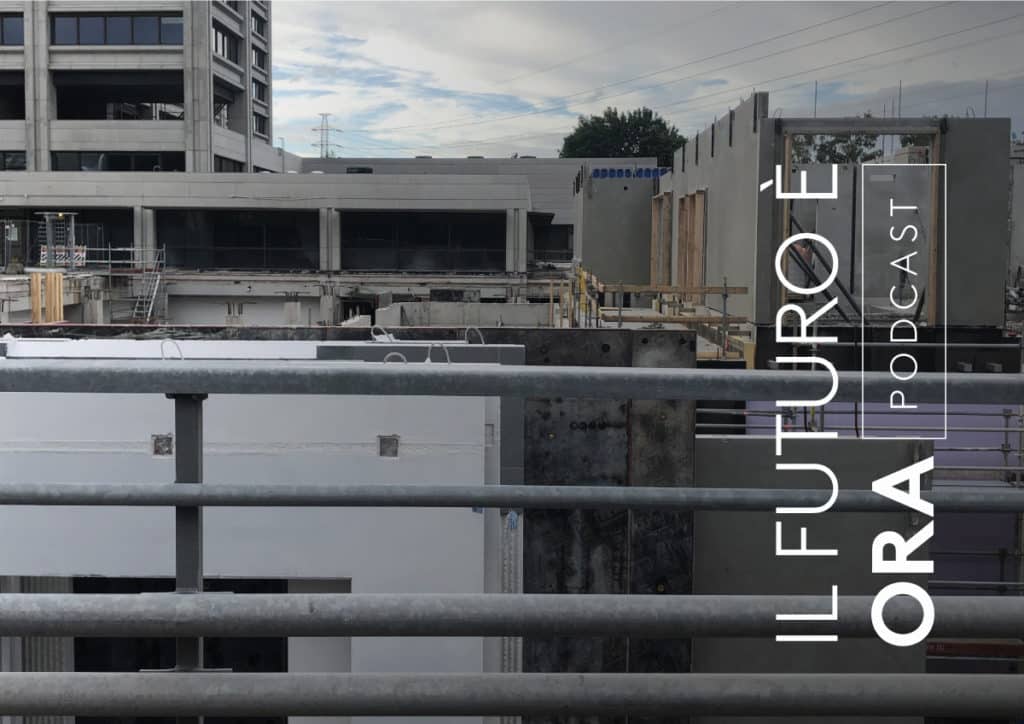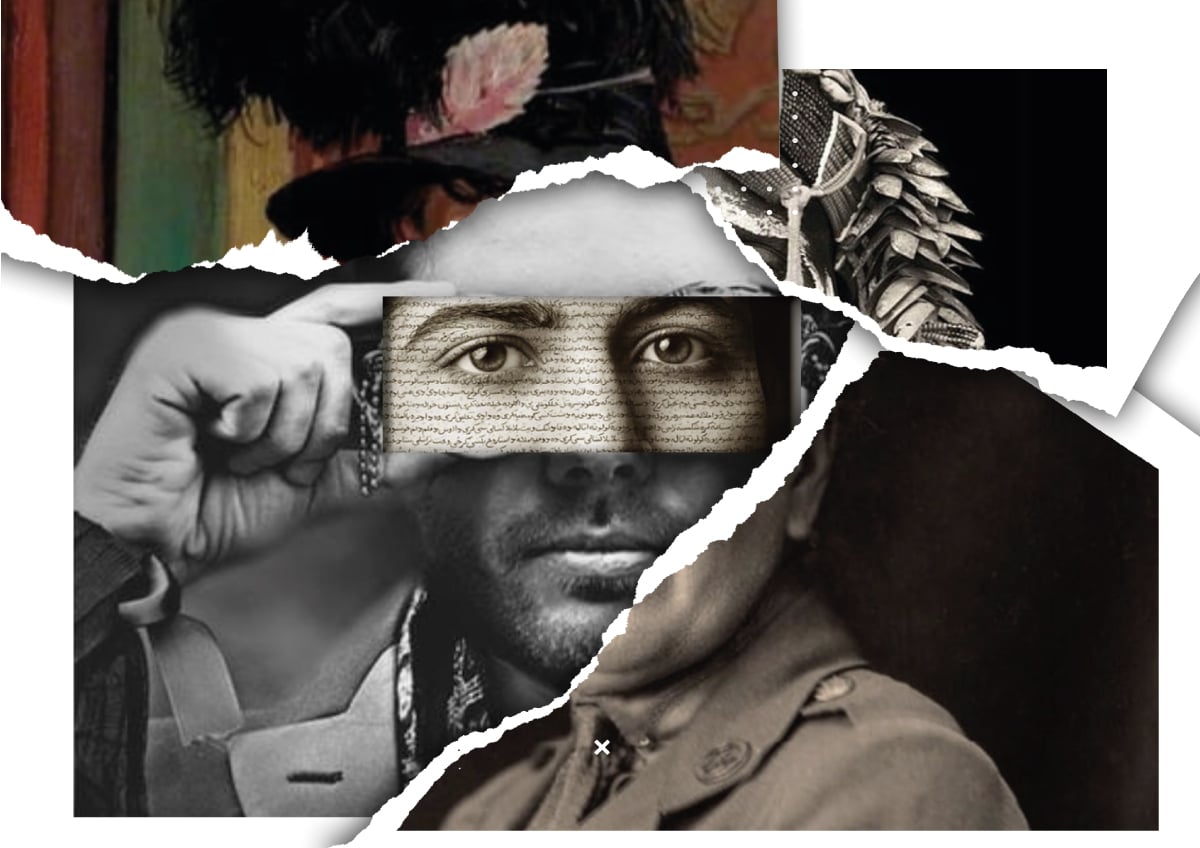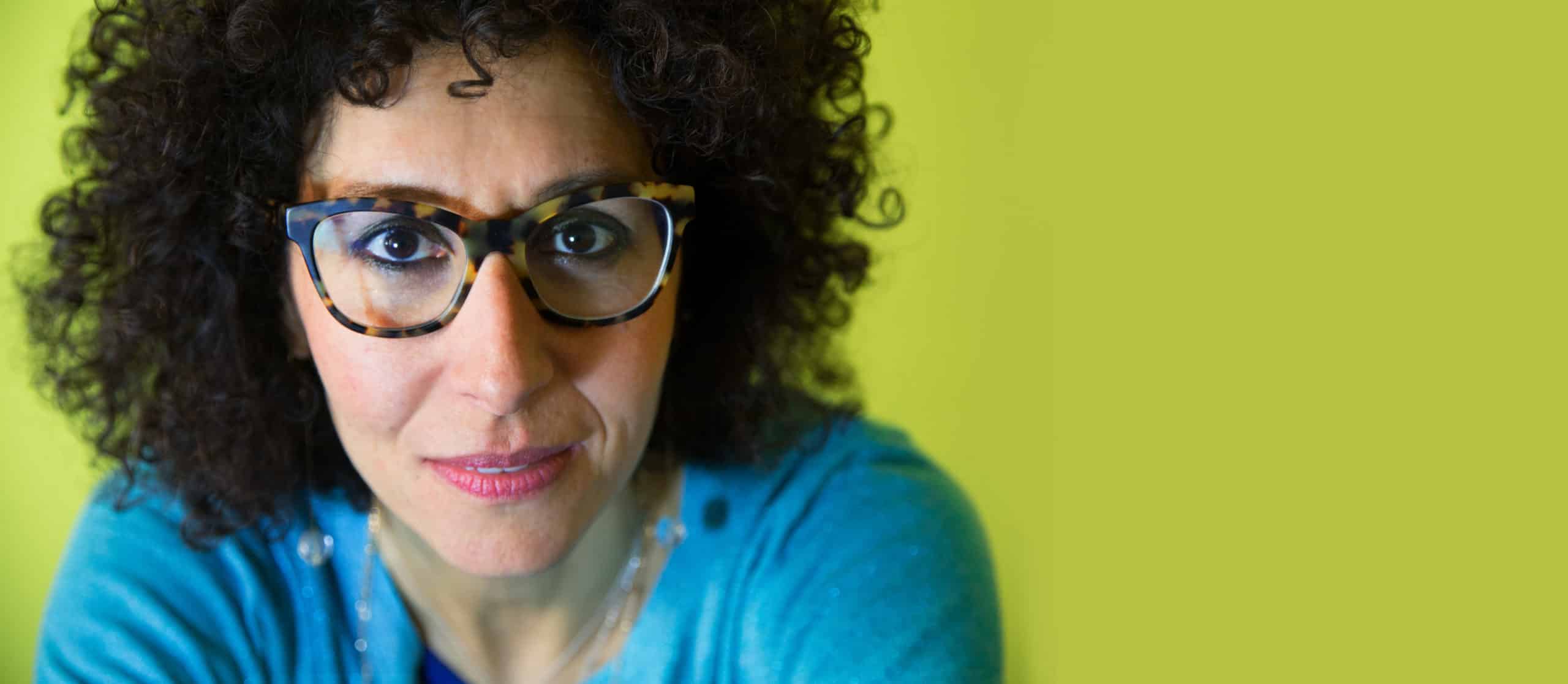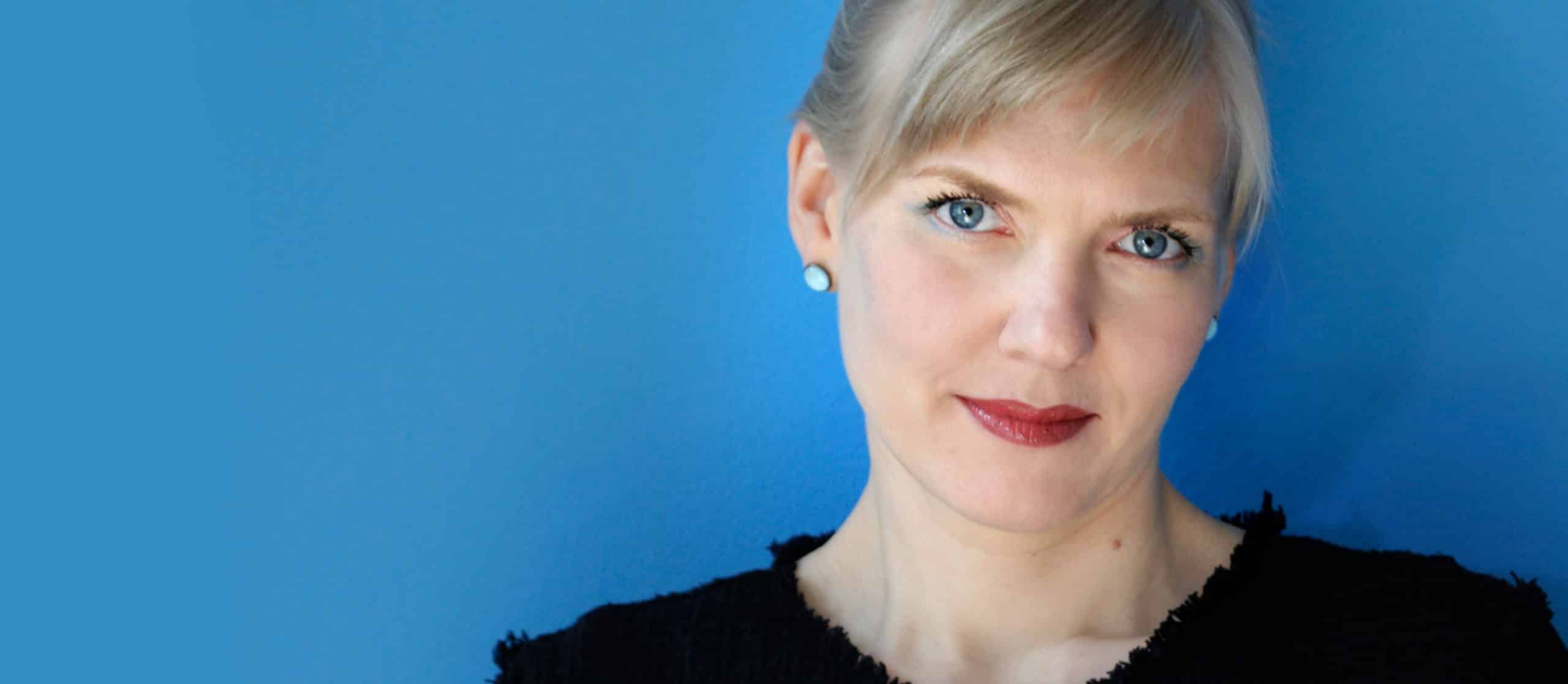What future
do you create?
Innovation
Instead of passively experiencing change, let’s create it intentionally. Let’s train ourselves to foresee future changes and innovate organisational practices before disruption shocks us from the outside. Everyone’s daily actions become crucial within the organisation.
Some say the future is already here, that it is the reality we are currently living. The way of working, of creating value for our organisations and our clients has certainly changed dramatically in the last 20 years. Initially, digital innovations made it possible for workers to be available and constantly connected, but eventually it obligated them to work remotely and separate from their colleagues while still requiring them to deliver the same results as before. 2020 has seen an enormous number of people adopting a different modus operandi not because they wanted to, but because they had to. This obligation helped many people discover new working dimensions and, in many ways, improve their performance, rather than their work-life balance. Would they have been able to do it without external pressure? Yes, if they had the right mindset to innovate, cultivate curiosity, creativity and the courage to try new things.
QUESTIONS FOR BOOSTING INNOVATION IN THE ORGANISATIONAL CONTEXT
- How to creatively prepare yourself for your work?
- How to develop a broad vision of possible transformations?
- How to encourage people to imagine different possible futures?
- How to cultivate a context of proactiveness and an entrepreneurial mindset within the organisation?
GLI ASSET INTANGIBILI COME CHIAVE PER ATTRAVERSARE LA CRISI CON SUCCESSO
Redazione Performant
Innovation and behavioural competencies. OBSTACLES:
Ineffective leadership. Leaders who fail to involve people in the implementation of the defined innovation strategy. They fail to communicate the sense and value of innovation. Thus, failing to create the emotional connection necessary to innovate.
Innovation is hard. Changing behaviour is a journey that requires effort and commitment. The innovation process fails when attention and time are not invested properly.
Unrealistic strategy. The innovation strategy is not realistic, it has not been built from the true culture of the organisation. The implementation of change is not properly evaluated.
Necessary support is not given. The organisation does not provide the necessary resources to help people behave differently.
The culture of collaboration is missing. Innovation requires, by its very nature, an exchange of ideas, a chance for sincere confrontation.

Are innovation and technological progress always a synonym for improvement?
Cristina Nava | Executive Business Coach, Partner
Insights su Innovation
Francesco Gaeta, giornalista
Un sondaggio su vissuti emotivi e competenze richieste nell’era post-Covid.
Redazione Performant
Quando accadono eventi epocali, come una pandemia globale, la “normalità” che ne scaturisce è assai diversa rispetto a quella del passato, di un ante.
Anja Puntari, Senior Business Coach, Partner
Come possiamo essere creativi in un mondo in cui c’è sempre meno spazio per ciò che non è orientato ad un obiettivo?
DEDICATED COACHES
- Change
- Collaboration
- Sharing
- Heart
Senior Business Coach, Partner
- Visual thinking
- Emotional intelligence
- Organisational learning
- Contemporary art





